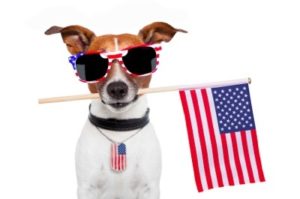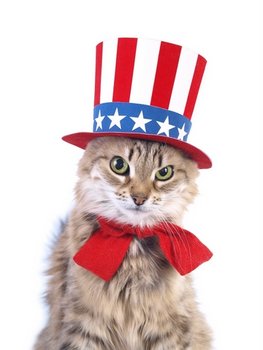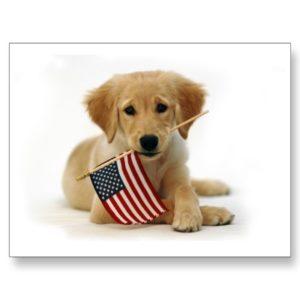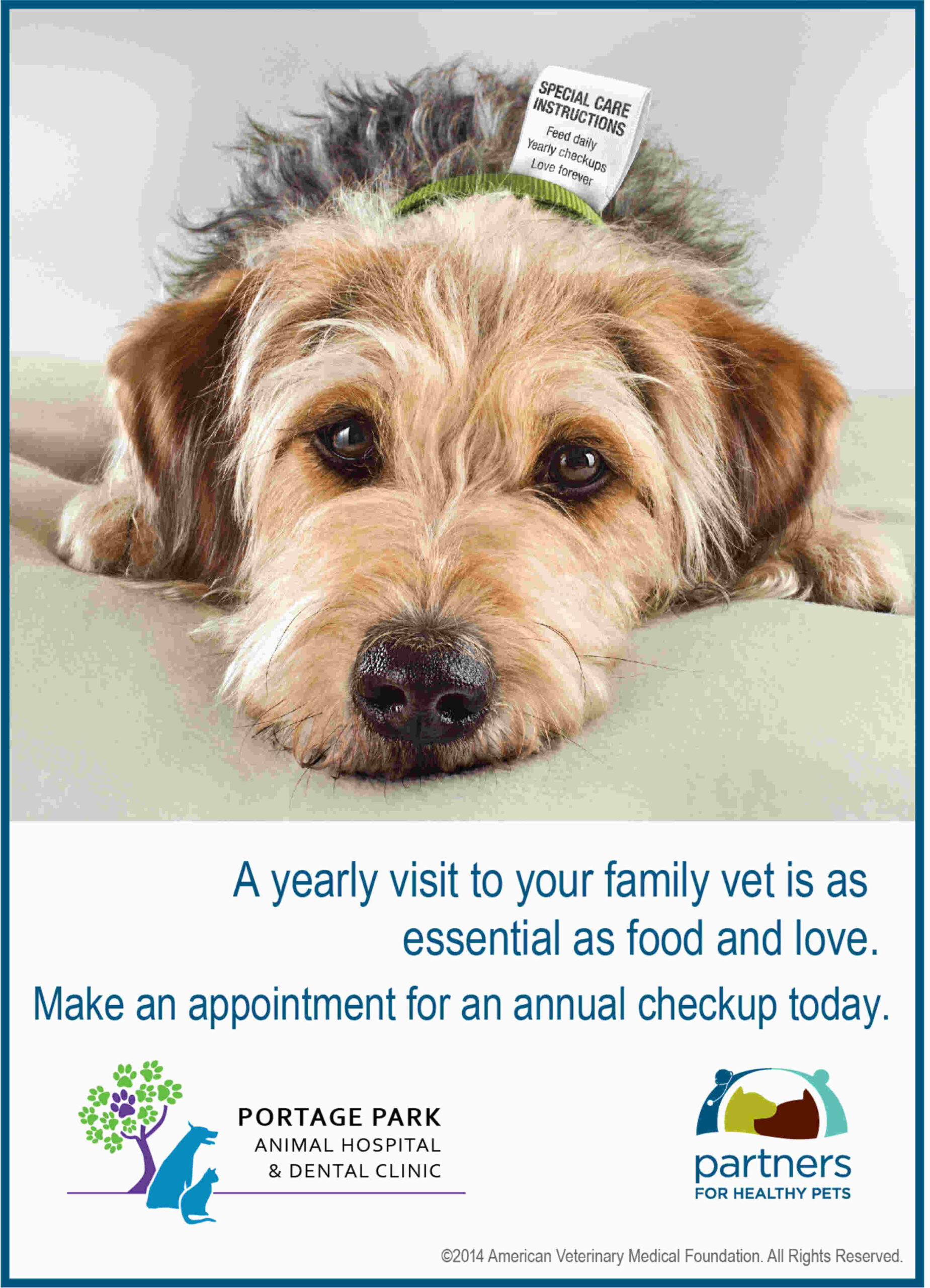 While the Fourth of July is a time for families and celebration, it isn’t always fun for pets. As we enjoy the holiday weekend, let’s remember that a weekend full of backyard BBQ’s and fireworks can be traumatic for our furry family. Many pets become frightened of loud noises, causing them anxiety. In extreme cases, pets left in the backyard may climb or dig to escape if they are left unsupervised. What about that BBQ? Many of our favorite foods can cause serious illness, even in small amounts.
While the Fourth of July is a time for families and celebration, it isn’t always fun for pets. As we enjoy the holiday weekend, let’s remember that a weekend full of backyard BBQ’s and fireworks can be traumatic for our furry family. Many pets become frightened of loud noises, causing them anxiety. In extreme cases, pets left in the backyard may climb or dig to escape if they are left unsupervised. What about that BBQ? Many of our favorite foods can cause serious illness, even in small amounts.
Planning ahead can help make your pet feel safe and keep them comfortable over the holiday weekend.
Enjoying the Afternoon Cookout
Are those big eyes asking for just a nibble of your BBQ?
Any rib or chicken bones can be a choking hazard, become lodged in the throat or puncture the digestive tract. Chicken bones can splinter and smaller sized bones are easily swallowed with little or no chewing. Provide party goers a sealed container or covered trash bin for discarding bones.
Hot dogs can be a great treat in moderation. A hot dog can be swallowed whole and cause choking, so cut them into small pieces. Hot dogs are a high fat food and cause stomach upset if fed in excess. Even hamburger or steak can disrupt the digestive system and cause pancreatitis, which often requires hospitalization.

What about vegetables and fruits?
Carrots, green beans or peas are great snacks in moderation.
However, corn on the cob can be swallowed whole and cause an intestinal blockage. Onions have a way of appearing in all kinds of food and are very toxic to cats and dogs. So keep condiments and plate scraps away from pets. Apples, watermelon and blueberries are a great treat – however stay away from grapes and raisins as they can cause kidney damage.
Dessert, Please?
Chocolate and sugar free foods containing Xylitol are extremely toxic for pets. Want to give your pet a treat? Try freezing small pieces of banana and hand feeding as a snack – you can have your dessert and eat it too!
What About Fireworks?
- Keep all of your pets indoors during the peak fireworks times. Celebrations may last for several days around dusk. Prepare your house by closing windows and blinds, leaving lights and the TV on while you are away. Music with a regular beat may also help.
- Prepare toys and treats for your pet, such as; a hollow toy (Kong) stuffed with treats or a smear of peanut butter, chew toys, scratch pads or balls.
- If your pet is crate trained, partially cover the crate with a sheet or blanket and provide a treat stuffed toy or other chew toys. Consider confining your pet to a smaller room and remove any items that could be destroyed.
- Feed your pet at their regular time, provide fresh water and keep your routine as normal as possible. If possible, exercise or play with your pet before your cookout or fireworks to relieve any excess energy.
- Make sure your pet is wearing a collar with current identification and tags, so if they do become lost, they can be returned to you promptly. Make sure your cat is wearing a break-away collar in case they get caught on something.
- Do not take your dog to a fireworks display or an area with large crowds, this can become overwhelming and your pet may display unexpected behaviors or try to run away and hide.
- Do not leave your pet outside unattended, even if they are tethered or in a fenced yard. Pets who normally play in the yard without trying to leave may panic and try to escape or – become tangled in their tethers – which could be fatal.

- If you know your pet becomes anxious by the sounds of fireworks, consult with your veterinarian in advance. Your veterinarian may recommend an anti-anxiety medication. The key is to give the medications before the noise starts — they are less effective if you wait until the dog is already stressed.
- After any celebration, conduct an area sweep before letting your pets outside. Collect any firecrackers, leftover party items and look for broken objects to prevent injury.
Courtesy of Patterson Veterinary Supply PattersonVet.com


